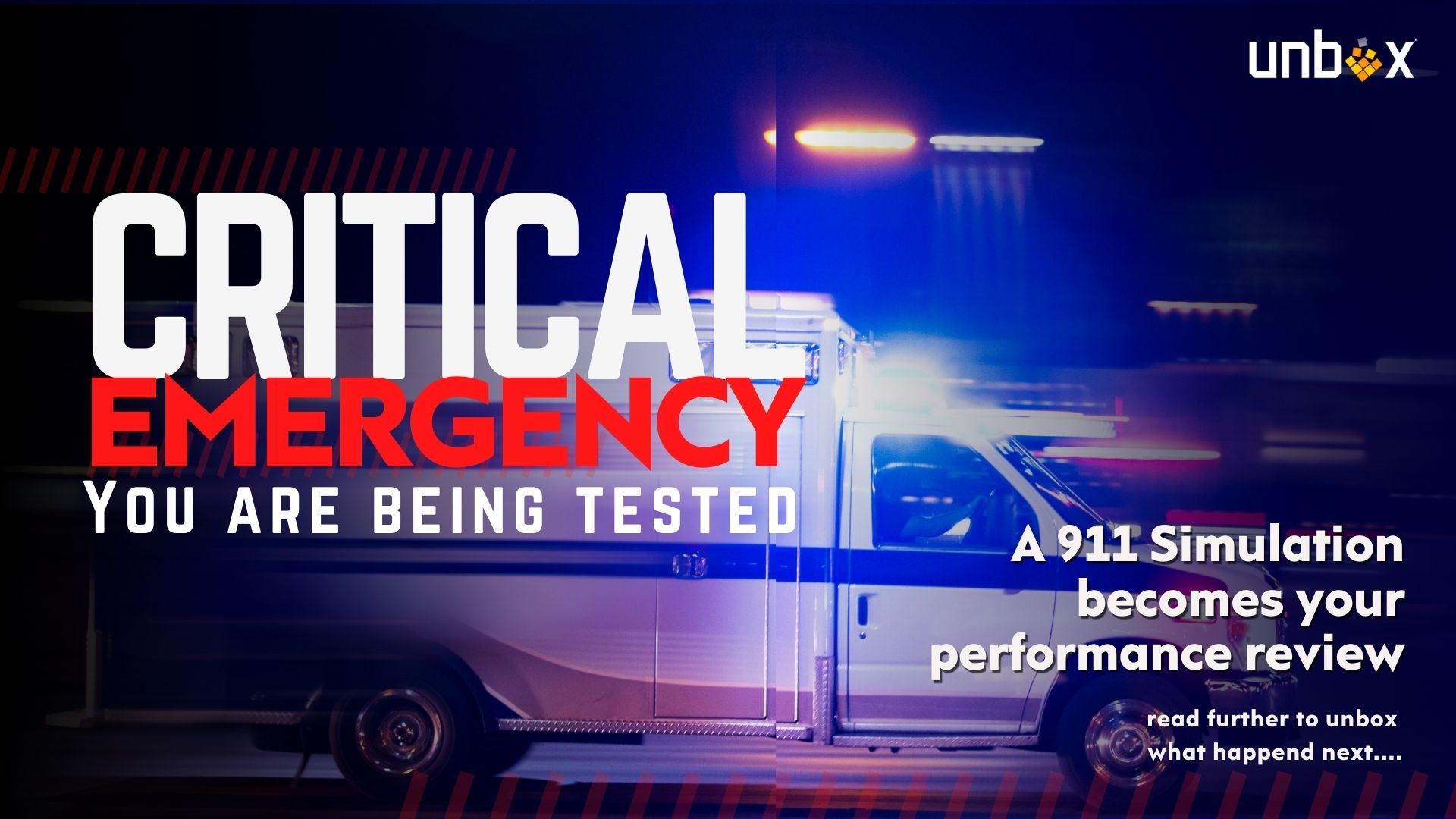
As the bell rings, the teacher starts distributing the question papers. There is pin drop silence in the room. And any hint of a conversation is immediately quashed. As time ticks away, slowly, but surely, some students try cheating. Silently asking their friends or neighbors for help. Small chits filled with answers are skillfully passed hidden from the prying eyes of the invigilator.
This is a standard exam room that, I’m sure, many of you recall from your past. A room full of students trying desperately to write answers to questions that they’ll eventually forget.
Now, let me ask you this: Do you remember what was given in the question paper? Do you remember the answers? No, right?
Honestly, if you are anything like me, you probably forgot most of the information before the day was over, which is understandable.
On an average, people give at least a hundred paper-pen exams in their lifetime. But, at the same time, they are quite boring. Tedious even. And most of them, only test your ability to memorize answers and spew them onto the answer sheet.
These paper pen exams and assessments are an exercise of retaining and recollecting information. That’s it. So, in today’s day and age, with all this knowledge and technology at our fingertips, this becomes redundant.
At Unbox, we understand this.
So, when a global financial services firm hired us to train their incident management team, we knew that we needed to shake things up a bit by bringing in an innovative methodology to assess and test their current capabilities.
The team’s key struggle was managing multiple crisis situations effectively by making the necessary decisions to solve them.
But… What exactly prevented them?
We didn’t know.
So, that’s what we set out to do.
We needed to create a pre-assessment, or we can call it a “pre-test” that would help us identify specific challenges that this team faced while managing a crisis. However, in this situation, a paper-pen test would be ineffective. It could only tell us what they knew, theoretically. But what they knew practically would remain a mystery.
Instead, we wanted to create something that simulated the urgency and chaos of a crisis. We wanted to see what happened when a crisis hit.
So, that is exactly what we did.
We created an assessment where participants had to emulate 911 first responders. As 911 dispatchers, we could see them apply all the soft skills necessary to manage a crisis. Yet, it was different enough from their profession so that they do not come overly prepared with standardized answers for it. Instead, they had to be quick on their feet while interacting with a person in distress who required their immediate assistance.
Within a span of 8 minutes, they were expected to obtain relevant information and deploy emergency services. Their responses told us everything we needed to know about their individual strengths and areas of improvement.
This simulation was no doubt difficult and time intensive. In our office, it was all-hands-on-deck. Multiple people from our office were simultaneously running these simulations, pretending to be that person in distress, for 3 days straight!
Needless to say, we heard about A LOT of accidents during that time. But… we hit the target on its head.
In the end, with all this information, we were able to evaluate each learner’s needs individually which then translated into specific learning goals for every team member going forward.
We formulated a 12-month-long journey along with comprehensive coaching sessions that showed exponential growth among the learners based on the collected information.
At Unbox, this is what we strive to achieve. We want each one of our learners to experience personal growth. And we’ll do whatever it takes to achieve it.
